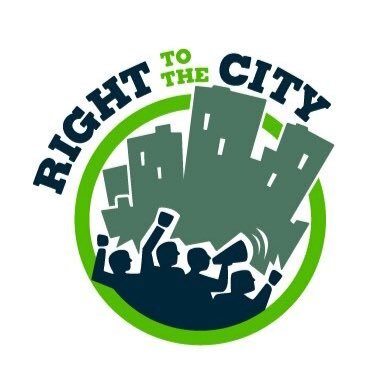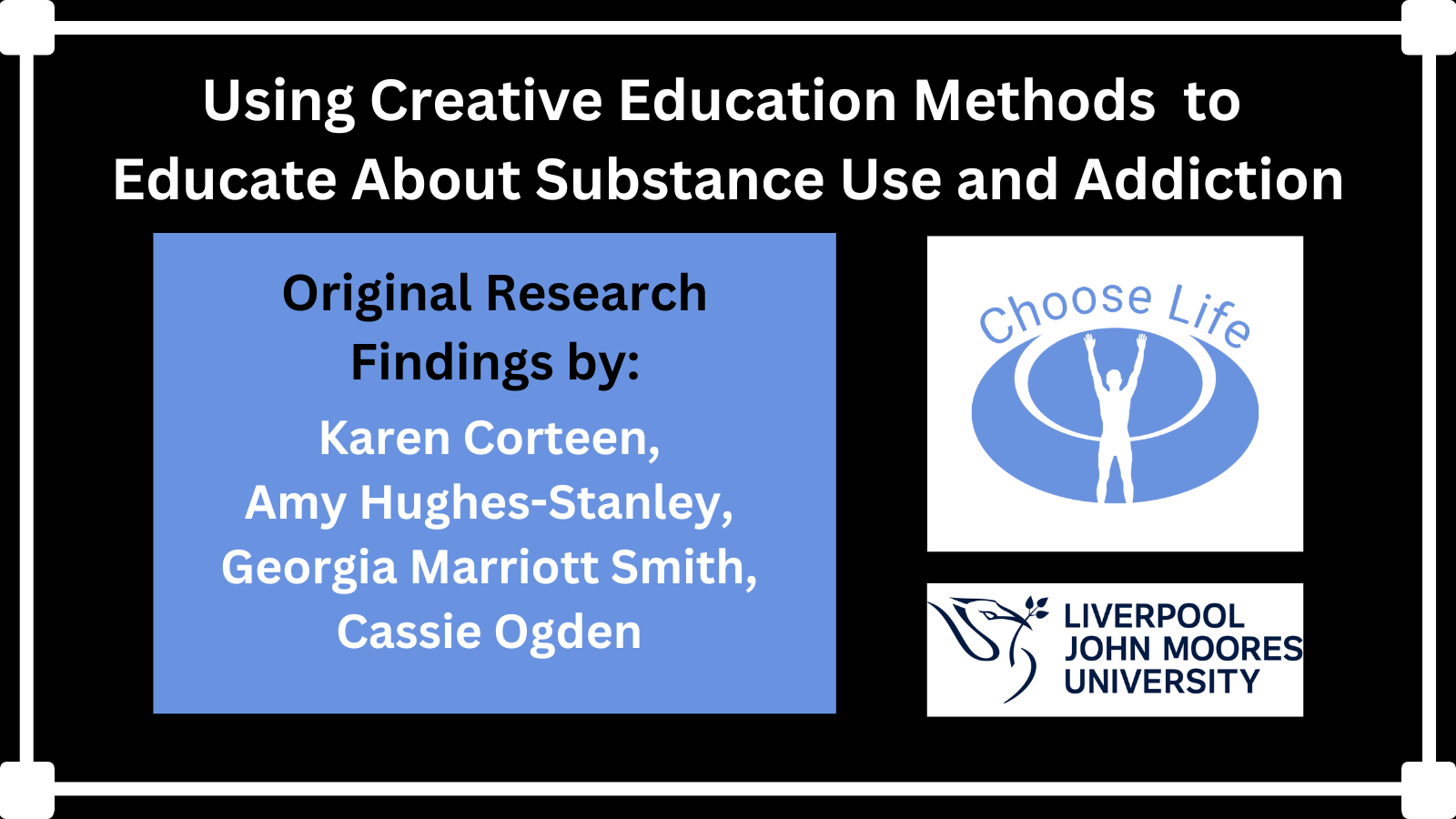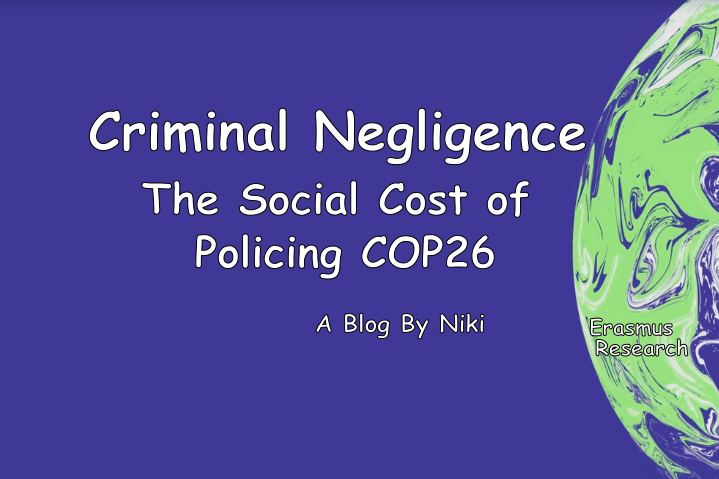Problematising the Hate Crime and Public Order (Scotland) Act 2021 (as amended)
The Hate Crime and Public Order (Scotland) Act comes into force on April fool’s day. But it is not a joke. Not officially.
So, what are we dealing with here? What is this continued expansion in the categories of criminalisation and the state’s powers to police and punish REALLY all about?
The Hate Crime Campaign page on the Police Scotland website starts with:
- Hate crime is behaviour which is both criminal and rooted in prejudice.
- We know that hate negatively impacts on people, communities and on wider society. For those affected, the damage can have a long-lasting impact.
The striking thing, having read all the relevant literature, is that nowhere is there an actual definition of the term ‘hate’ or what constitutes a hateful act, except the repetitive promise that it is a crime, which will, in every single instance, be investigated by Police Scotland. The process, it seems, is the punishment.
While there is some truth in the claim that the Scottish Government is introducing the Hate Crime Act as a means through which the Scottish Government can silence its critics, there is more to the issue than just the mere adoption of a package of authoritarian measures designed to criminalise more and more members of the Scottish public.
The biggest issue to stand out is the obvious confusion between the concepts of hate and bigotry, which although linked, are very different. In respect of the ‘law’, words and their meanings should (convention would suggest) be precise and as unambiguous as possible. Here, the opposite is true. Just as we saw with the ill-fated disaster that was the Offensive Behaviour at Football and Threatening Communications (Scotland) Act 2012, what constitutes criminal behaviour, remains largely undefined. Patrick Harvey, in defending the Act on X, said that it was a cross party effort that had been more carefully thought through than previous legislation. The problem with the Act is that it conflates hatred with a related but entirely different phenomena altogether, bigotry.
The Relative Merits of Hate
Let us start with the word ‘hate’. What’s the problem? I hate fascism. I hate genocide. I hate injustice. These are things (actually, they are processes) and these processes can be hated for what they are, what they do, the effects they have on the world. Some processes, such as oppression, racism and bigotry, SHOULD be hated. Hatred of prejudice is thoroughly commendable. Hatred can be a healthy emotion.
And herein lies the operative word that offers some degree of clarification. Hatred is an emotion; bigotry is a process borne of prejudice. This suits the liberal world view, which tends to focus on the ‘state of things’ while ignoring the ‘processes that govern things’. This assists in the depoliticisation of problems, by individualising them, and casting ‘structural causes’ as isolated incidents and personal failings. This fosters ‘misrecognition’ another favoured political tool of authoritarian liberals. Emotions are also a more powerful way of controlling populations than rational arguments. As Jonathan Haidt points out, we have a gut feeling about something, which we then try and justify through cognitive reasoning. Feeling and emotions are an effective political weapon in the fight, not only for the public’s attention, but for its support. The obvious problem is that emotions aren’t the problem, political processes are.
Misrecognising Bigotry
If someone says, ‘I hate Catholics’, or ‘I hate Pakistanis’, they are confusing hatred with their own bigotry. Bigotry, is defined by the Cambridge Dictionary as – the fact of having and expressing strong, unreasonable beliefs and disliking other people who have different beliefs or a different way of life.
The definition of ‘hate’ is intense dislike.
Bigots might say ‘I hate Catholics’, but this is not accurate, since it is impossible to know all Catholics. More accurately a person would have to say, ‘I am prejudiced against Catholics’, or alternatively, ‘in respect of Catholics, I am a bigot’, both of which, ironically, are less palatable, and an indication of the extent to which prejudicial bigotry is often euphemised as hatred.
So, the offences that the Act creates are bigotry offences, and bigotry is a big problem in Scotland. It is at its most insidious in the toxic pages of the Daily Record and the Daily Mail, the spine of a poisonous Scottish tabloid culture that, for reasons of politically interested myopia, are being roundly ignored by the state’s repressive apparatus.
The woolly definition of a hate crime is –
… threatening or abusive behaviour which is intended to stir up hatred based on prejudice towards characteristics including age, disability, religion, sexual orientation, transgender identity and variations in sex characteristics.
If this is true then the British tabloids are, by definition, a collection of ‘hate rags’, whose purpose is to scapegoat marginalised groups and communities for a range of political purposes. The scapegoat mechanism, as old as civilisation itself, not only matches this definition of hate, it is a central feature of what passes for journalism in the UK. If the Scottish Government wants to address the issue of prejudice and bigotry, perhaps it should start with the billionaire owners of the tabloid press, and their editors who, in serving patriarchal capitalism promote views that are misogynistic, homophobic, transphobic, racist, and filled with loathing for the working class.
With this Act, designed to promote tolerance through the erosion of prejudicial views and values, the political class are trying to fix downstream, problems that are created upstream. This is a fundamental flaw in the process.
What’s even more of an issue in respect of this form of ‘criminalisation’ is the utter poverty of the political imagination that leads the Scottish Parliament to spend years legislating on carceral solutions to social problems. That the Scottish political class is so devoid of progressive ideas that they deem it appropriate to criminalise people they already acknowledge are disadvantaged, for reasons related to this very disadvantage, is testimony to the strength of tradition within Scotland to cause more harm than it could ever purport to prevent. When it comes to scapegoating and persecution, from witch-hunting, Catholic-purging, highland-clearing, and Irish-bating, the Scots are world leaders.
When I look at Scotland in this punitive paternalist light, I really hate my country. Hate it.







